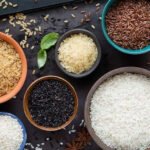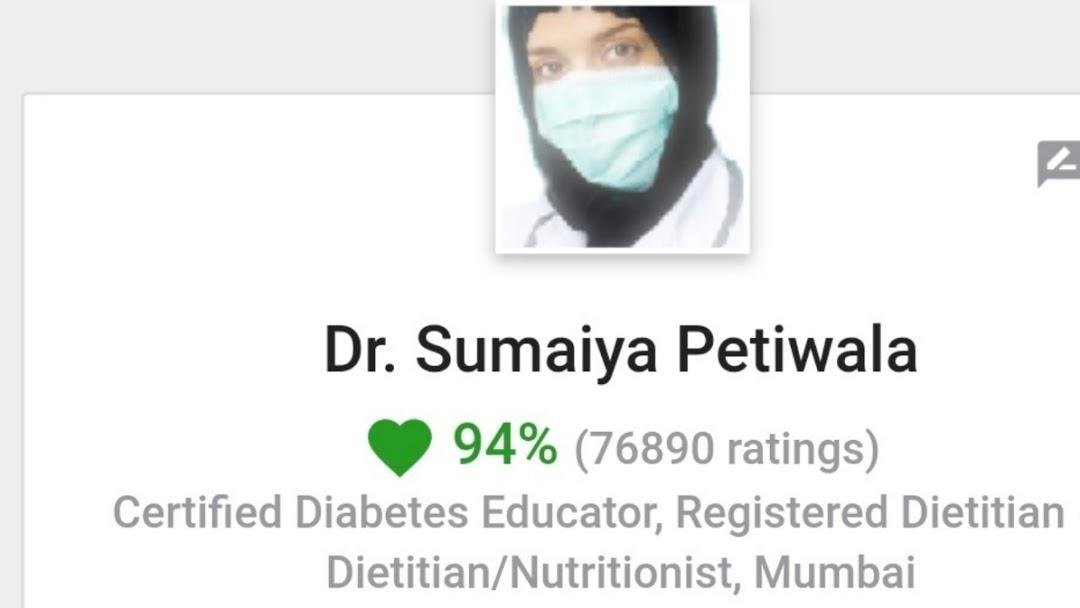
Eating a diet that is rich/high in fiber has many potential health benefits, including a decreased risk of heart disease, stroke, and type 2 diabetes. Because high-fiber foods may be healthy for reasons other than their fiber content, the research has not always been able to determine if a fiber is a healthful component.
A high-fiber diet is a commonly recommended treatment for digestive problems, such as constipation, diarrhea, and hemorrhoids, although individual results vary widely, and the scientific evidence supporting these recommendations is weak.
Fiber is normally found in beans, grains, vegetables, and fruits. However, most people do not eat as much fiber as is commonly recommended. Dietary fiber intake provides many health benefits. However, average fiber intakes for US children and adults are less than half of the recommended levels.
Individuals with high intakes of dietary fiber appear to be at significantly lower risk of developing coronary heart disease, stroke, hypertension, diabetes, obesity, and certain gastrointestinal diseases. Increasing fiber intake lowers blood pressure and serum cholesterol levels. Increased intake of soluble fiber improves glycemia and insulin sensitivity in non-diabetic and diabetic individuals. Fiber supplementation in obese individuals significantly enhances weight loss. Increased fiber intake benefits a number of gastrointestinal disorders including the following: gastroesophageal reflux disease, duodenal ulcer, diverticulitis, constipation, and hemorrhoids. Prebiotic fibers appear to enhance immune function. Dietary fiber intake provides similar benefits for children as for adults.
The recommended dietary fiber intakes for children and adults are 14 g/1000 kcal or 20 to 35 grams per day. More effective communication and consumer education is required to enhance fiber consumption from foods or supplements.
Most dietary fiber is not digested or absorbed, so it stays within the intestine where it modulates digestion of other foods and affects the consistency of stool. There are two types of fiber, each of which is thought to have its own benefits:
Soluble fiber consists of a group of substances that is made of carbohydrates and dissolves in water. Examples of foods that contain soluble fiber include fruits, oats, barley, and legumes (peas and beans).Insoluble fiber comes from plant cell walls and does not dissolve in water. Examples of foods that contain insoluble fiber include wheat, rye, and other grains. The traditional fiber, wheat bran, is a type of insoluble fiber.
Dietary fiber is the sum of all soluble and insoluble fiber.
Insoluble fiber (wheat bran, and some fruits and vegetables) has been recommended to treat digestive problems such as constipation, hemorrhoids, chronic diarrhea, and fecal incontinence. Fiber bulks the stool, making it softer and easier to pass. Fiber helps the stool pass regularly, although it is not a laxative.
Soluble fiber Psyllium, Pectin, Wheat Dextrin, and oat products can reduce the risk of coronary artery disease and stroke by 40 to 50 percent (compared to a low fiber diet). Soluble fiber can also reduce the risk of developing type 2 diabetes. In people who have diabetes (type 1 and 2), soluble fiber can help to control blood glucose levels.
It is not clear if a high-fiber diet is beneficial for people with irritable bowel syndrome or diverticulosis. Fiber may be helpful for some people with these diagnoses while it may worsen symptoms in others.
All good things come with a price hence, adding fiber to the diet can have some side effects, such as abdominal bloating or gas. This can sometimes be minimized by starting with a small amount and slowly increasing until stools become softer and more freque
nt.
Any one interested in getting their own personalized diet plan can email me at doc@drsumaiya.com with subject line: “Diet Plan” and I will help you get started on a therapeutic diet !
You can also WhatsApp me on 7208660987 or 9869797220


